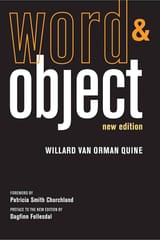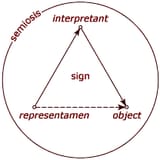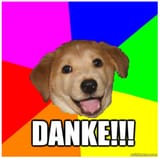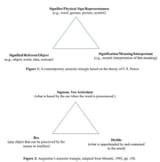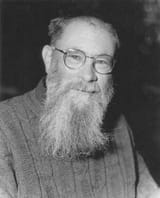>There are no things.
>Learning words is just learning to associate one stimuli (a word sound) with another set of stimuli.
>A multitude of stimuli always accompanies the presence of a rabbit or any other "thing."
>Hence any word can always refer to many different sets of stimuli.
>THUS, words cannot refer to things.
Isn't the premise: "there are no things," and the rather severe constriction of what counts as relevant data for explaining learning doing all the heavy lifting here. If one starts from "there are no things to refer to," it can hardly be surprising if one concludes "words cannot refer to things." Of course not, you've begged the question and assumed from the start that words refer to stimuli clusters.
I have a strong suspicion that Kripke's version of Wittgenstein, "Kripkenstein" is guilty of the same thing in order to deny words' meaning.
>Learning words is just learning to associate one stimuli (a word sound) with another set of stimuli.
>A multitude of stimuli always accompanies the presence of a rabbit or any other "thing."
>Hence any word can always refer to many different sets of stimuli.
>THUS, words cannot refer to things.
Isn't the premise: "there are no things," and the rather severe constriction of what counts as relevant data for explaining learning doing all the heavy lifting here. If one starts from "there are no things to refer to," it can hardly be surprising if one concludes "words cannot refer to things." Of course not, you've begged the question and assumed from the start that words refer to stimuli clusters.
I have a strong suspicion that Kripke's version of Wittgenstein, "Kripkenstein" is guilty of the same thing in order to deny words' meaning.
